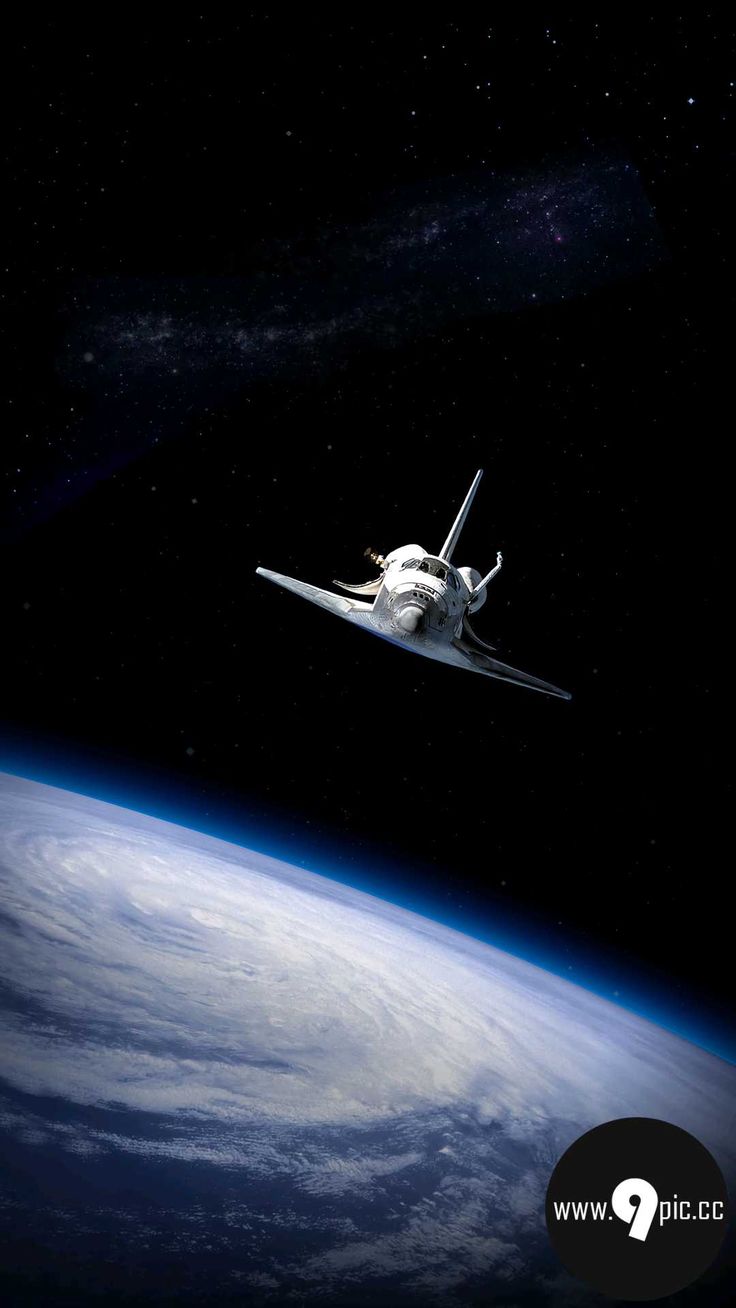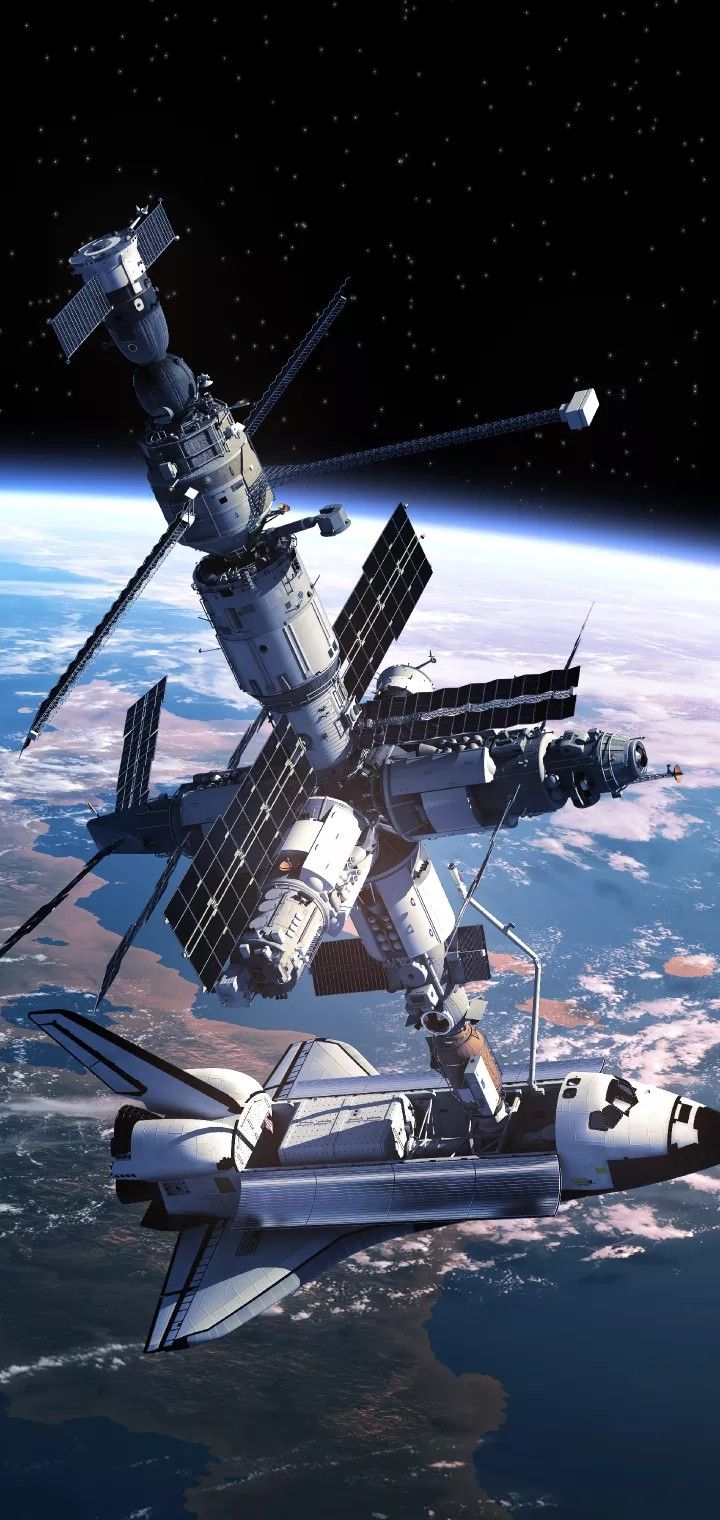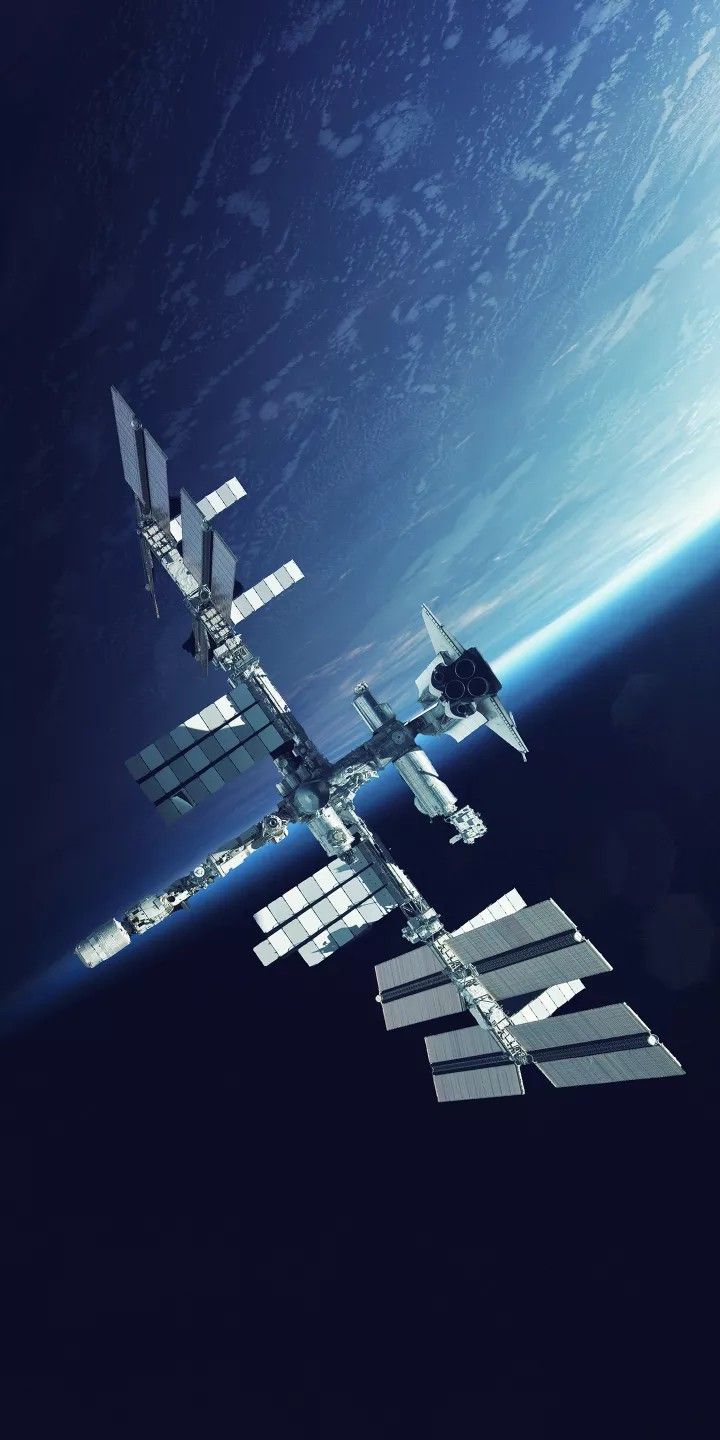Artificial Intelligence (AI) has found a growing role in space exploration, from spacecraft navigation to data analysis. One of the most significant AI applications in space technology is in autonomous spacecraft. NASA’s Perseverance Rover, which landed on Mars in February 2021, is equipped with AI algorithms that help it navigate the surface of the planet, analyze soil samples, and even make decisions without waiting for commands from Earth.
AI is also being used to process the vast amounts of data collected from space missions. Machine learning algorithms can identify patterns in the data, enabling scientists to make discoveries more quickly. AI systems are essential for managing space exploration tasks that require precision and real-time decision-making, especially when dealing with vast distances where delays in communication are unavoidable.
One of the most notable applications of AI is in autonomous navigation. Space missions, especially those to distant planets or moons, often involve long travel times and communication delays due to the vast distances between Earth and other celestial bodies. To overcome these challenges, AI systems are integrated into spacecraft and rovers to enable them to make real-time decisions without waiting for instructions from Earth. For instance, NASA’s Perseverance Rover on Mars is equipped with AI algorithms that help it navigate the Martian terrain, analyze soil samples, and autonomously avoid obstacles, making it more efficient and capable of conducting missions in remote environments.
Beyond navigation, AI is also revolutionizing the way we analyze and process the enormous amounts of data generated by space missions. Space telescopes like the Hubble Space Telescope and the newly launched James Webb Space Telescope generate massive quantities of data that can be challenging to interpret. AI-powered tools and machine learning algorithms are increasingly used to sift through this data, identifying patterns and anomalies that might otherwise go unnoticed. These AI systems can help astronomers discover new planets, galaxies, or other celestial phenomena more quickly and efficiently, accelerating our understanding of the universe.
Furthermore, AI has the potential to play a key role in future space missions, particularly in the quest to explore distant planets and moons. As humans look toward long-duration missions to Mars and beyond, AI will be essential for managing spacecraft systems, ensuring life support, and even assisting astronauts with critical tasks. With the ability to learn from experience, AI can adapt to unforeseen challenges, predict maintenance needs, and optimize mission operations. In this way, AI is not only aiding current space exploration but also shaping the future of interplanetary travel, making space more accessible and safer for both machines and humans.




